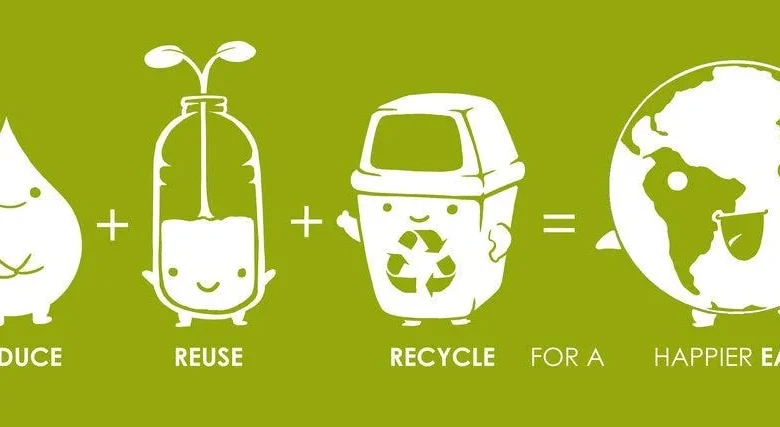Simple Habits That Reduce Environmental Harm

Protecting the planet begins with our daily choices. Simple actions, from managing household waste to conserving energy and water, contribute to a healthier environment. Adopting responsible practices supports crucial goals like waste management compliance, helping communities minimize their environmental impact.
Choosing Reusable Over Disposable
Choosing reusable items instead of single-use ones makes a significant impact. Reusable bags, bottles, containers, and cloth towels reduce waste sent to landfills. They also curb the production of disposables, which require substantial energy and resources to create. Switching to reusable products encourages more mindful consumption, prompting reflection on unnecessary packaging. Even bringing your own shopping bag or coffee cup can ease the burden on waste facilities and lower overall resource consumption. Adopting this daily habit empowers individuals to contribute to a more sustainable future, inspiring others to make small but meaningful changes.
Practicing Proper Waste Sorting
Properly sorting your waste is another important step in reducing environmental harm. Separating trash into recyclables, compostables, and non-recyclables prevents contamination, making it easier for facilities to process materials effectively. This simple act ensures that recyclable items don’t end up in landfills, which would otherwise increase greenhouse gas emissions and strain waste management systems. Educating families, students, and colleagues on correct waste segregation builds awareness and encourages sustainable habits. A clear, simple system at home or work, with labeled and accessible bins, can improve participation and help maintain a cleaner environment.
Reducing Energy Consumption at Home
Reducing energy use directly impacts the environment. When households consume less energy, they help lower greenhouse gas emissions and conserve natural resources. Simple changes, such as turning off lights when not in use, using energy-efficient appliances, and adjusting thermostats wisely, make a significant difference over time. Many of these adjustments cost little or nothing; they only require mindfulness and consistency. For example, unplugging unused electronics or air-drying clothes can cut energy usage significantly. It’s not just about saving money; it’s about supporting long-term environmental health. Encouraging these habits among family members fosters a culture of responsibility. When more households make conscious choices, the collective result leads to measurable positive change.
Conserving Water Resources
Water is a finite resource, making its conservation essential for environmental balance. Simple actions can significantly reduce waste, such as fixing leaks, installing low-flow fixtures, and collecting rainwater for gardens. Turning off the tap while brushing teeth or washing dishes also makes a difference. Water conservation protects ecosystems and reduces the strain on water treatment facilities and their associated energy usage. These small, consistent changes in daily habits help communities use water more wisely and ensure sustainable access for future generations.
Supporting Sustainable Transportation
Transportation significantly contributes to air pollution and carbon emissions. Choosing sustainable options like walking, biking, carpooling, or public transit reduces this impact. Drivers can further minimize emissions by properly maintaining vehicles and reducing unnecessary trips. These habits not only benefit the environment but also improve personal health and reduce expenses. Encouraging communities to adopt sustainable transportation creates cleaner air and healthier neighborhoods. Small steps in this area yield long-term benefits for both the environment and individuals.
Spreading Awareness and Encouraging Action
Individual efforts can inspire others. Discussing environmentally friendly habits with friends, family, and community members builds collective awareness. Simple conversations, educational workshops, or sharing tips online can encourage wider adoption of these practices. Promoting sustainable habits and supporting responsible waste management strengthens community involvement, leading to lasting improvements. When people work together, environmental goals become more achievable. Communities united by sustainable practices are more resilient and better equipped to face ecological challenges, fostering positive, lasting change for the planet.
Conclusion
Every small, mindful action counts. Habits like reusing products, sorting waste properly, conserving energy and water, choosing sustainable transportation, and spreading awareness collectively reduce environmental harm. Supporting environmental standards and responsible practices helps protect the planet for future generations. A more sustainable lifestyle doesn’t require drastic changes; consistency, awareness, and a willingness to act can make a meaningful difference.




